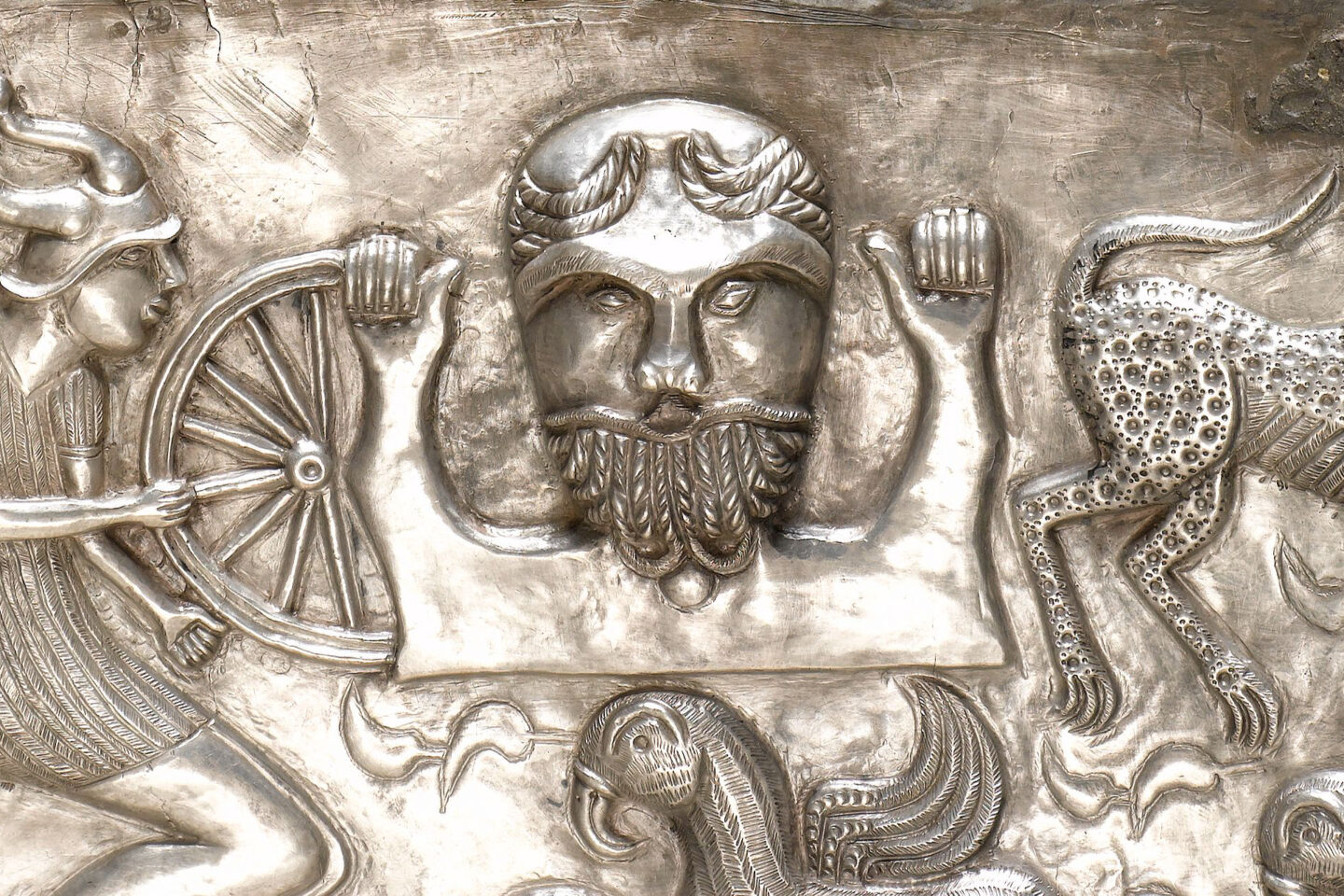
Lugh was the son of Cian, a member of the Tuatha Dé Danann, a race of gods and goddesses in Irish mythology, and Ethniu, daughter of Balor, the leader of the Fomorians, a race of monstrous beings who were enemies of the Tuatha Dé Danann.
Balor had been warned that his grandson would kill him, so he locked Ethniu away to prevent her from having children. However, Cian managed to find and seduce Ethniu, and she became pregnant with Lugh. When Balor found out, he ordered that Lugh be killed. But Cian managed to hide Lugh, and he was raised by the god Manannán mac Lir.
Lugh became known for his many talents and abilities as he grew up. He was a skilled warrior, poet, musician, and craftsman and was even said to have invented the game of chess. When the Tuatha Dé Danann were preparing for battle against the Fomorians, Lugh was a crucial figure in their defence. He was eventually granted permission to join the Tuatha Dé Danann, and he fought bravely against the Fomorians, ultimately killing his grandfather Balor with a slingshot to the eye. (David and Goliath anyone?)
After the battle, Lugh was chosen as the king of the Tuatha Dé Danann and ruled over Ireland for many years. He was widely admired for his many skills and talents and was even said to have had a magical spear that could never miss its target.
As a god of many talents, Lugh embodies the idea that knowledge and mastery of a wide range of skills can be a powerful force in the world. His defeat of Balor, a figure of darkness and ignorance, can be seen as a victory of light and enlightenment over darkness and ignorance.
Furthermore, Lugh’s role as a mediator between the Tuatha Dé Danann and the Fomorians can be seen as a metaphor for the importance of diplomacy and compromise in resolving conflicts. In this sense, Lugh represents that peace and understanding can be achieved through reason and skilful negotiation.
Overall, the story of Lugh can be seen as a reminder of the power of knowledge, skill, and wisdom in achieving success and overcoming obstacles. Lugh was considered one of the greatest gods of Irish mythology, and his name is still remembered and celebrated today in the festival of Lughnasadh, held in August to mark the beginning of the harvest season.